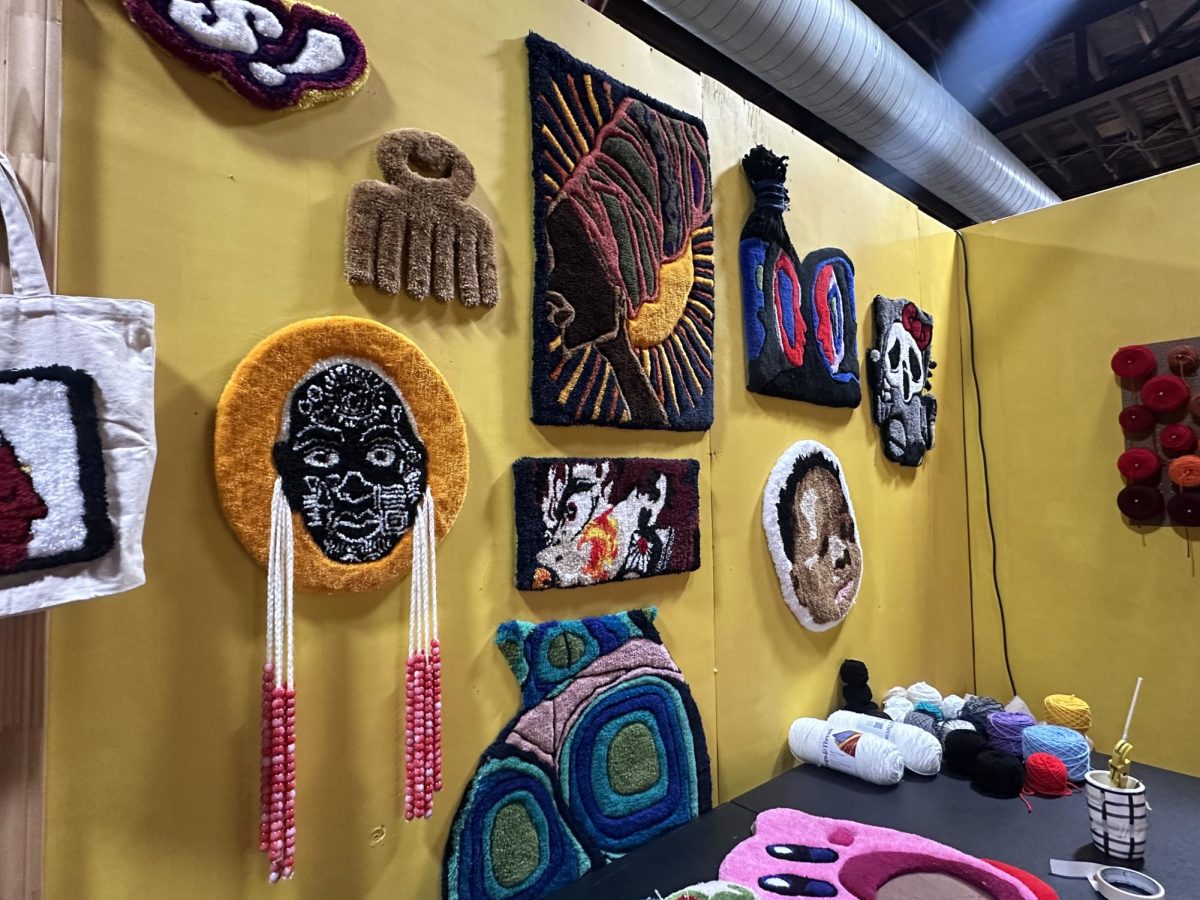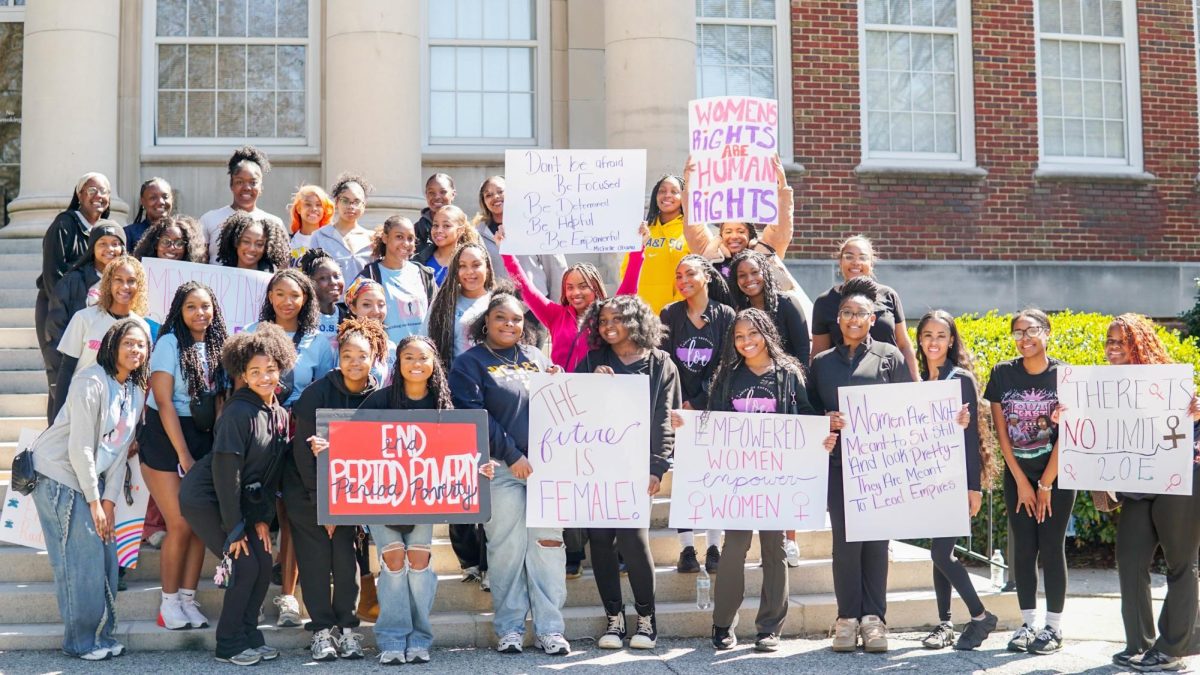Juankerra Sanders, a psychology student from Plymouth, North Carolina, recently newest novel.
Her new novel “The Last Straw” is a short, nonfiction mystery that captures the lives of four African-American teenagers. Outside of their high school, the group has to deal with drugs, violence, rape, prostitution, and other serious issues.
A Register reporter caught up with Ms. Sanders to discuss her new novel.
CR: Everybody can write but not everyone has writing talent. What separates you from the average author?
JS: The paper and pencil are like my best friends. When I have them with me all my problems are behind me. Generally, I am a quiet, shy person. I rarely express how I feel, but when I write (even if it’s a fiction story) I can say whatever I feel as myself or a character. I bring everything I am holding inside to my writing and I think it makes my stories more realistic.
CR: What makes you want to write about real issues such as sex, violence, and drugs?
JS: I feel like (sex, violence, and drugs) plague and destroy young people. Society may not discuss it much, but these are all issues that we begin to face at early ages. I grew up in a small, poor community where these problems were prevalent. I wanted to show readers that you never know what the person beside you is dealing with, so it is important to treat others they way you want to be treated. Lastly, I wanted parents to read this book, so they could begin having these necessary conversations with their children. We are losing too many children; especially African American children to suicide because they are afraid of speaking up. It is time to be real about these issues.
CR: What is the last straw (in general terms)?
JS: The last straw is whatever knocks you down to that lowest point. It is important, though, that when you get to this point that you understand that this is when you are your best self.
CR:. Who is the protagonist in the story?
JS: The book has four protagonists: Denise, Tremaine, Michael, and Eugene. Each of them are battling different issues such as violence, drugs, depression/suicide, and bullying.







